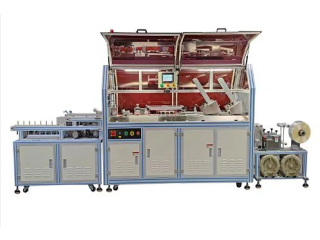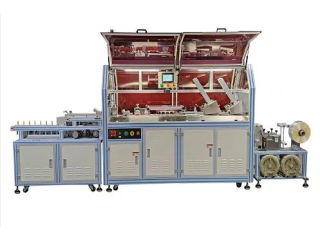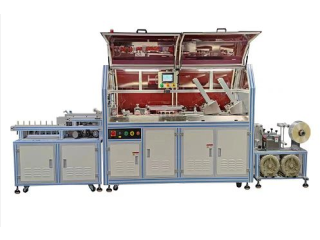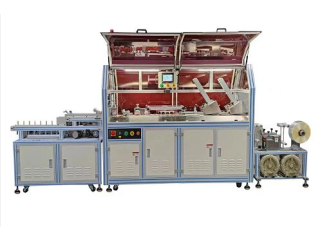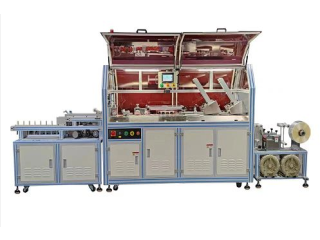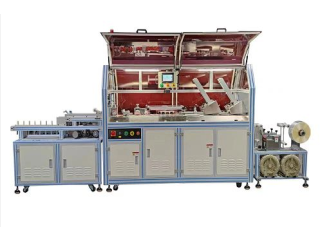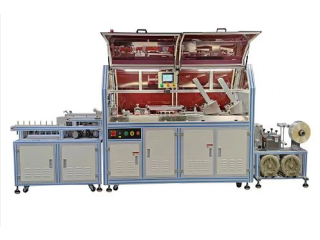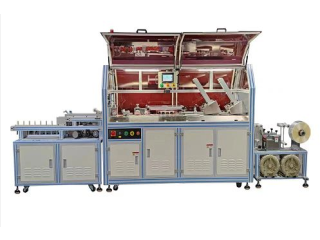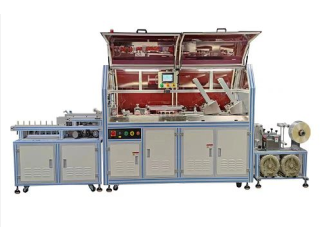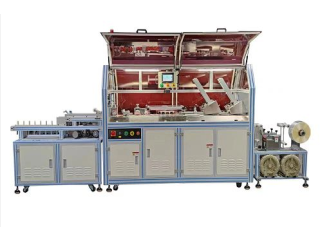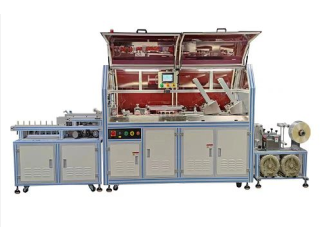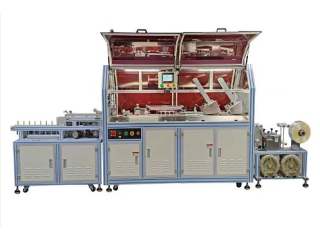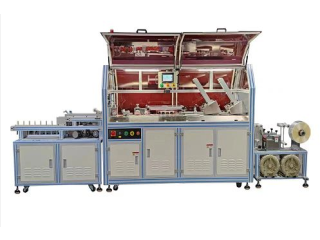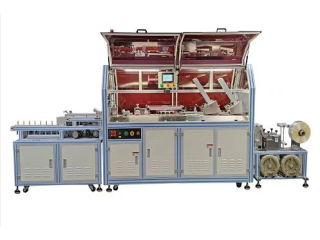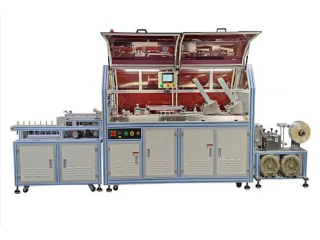WIPES VS. SPRAY AND PAPER TOWELS – 4 REASONS WHY WIPES ARE BETTER
Sep 21st, 2022 at 08:02 Automobiles Battagram 144 viewsEffectiveness
When applying disinfectant solution through a trigger spray bottle , most people will grab 3 or 4 sheets of paper towel, spray the surface 4 or 5 times, and then immediately use the towels to wipe the surface off until it is clean and dry. You may not see an issue with this, but the problem is that for a disinfectant to effectively kill germs and bacteria, it must come into contact with the germs for a prescribed period of time, also known as the “Dwell Time”, to ensure that the solution has had the chance to effectively disinfect the surface. By using paper towels to quickly wipe the spray off the surface, you are simply removing all the germ-fighting action before the disinfectant gets a chance to fully work.
On the other hand, disinfectant Wipes allow you optimize your cleaning process by removing any debris off the surface, while simultaneously disinfecting in one singular motion. As the pre-saturated wipe glides over the surface, it cleans the surface while evenly distributing the correct amount of disinfectant solution and leaving a thin layer of liquid on the surface to dry naturally and kill germs and bacteria in the process.
Cost
When using a spray to moisten the surface and a paper towel for drying, is is common to overuse both the spray and the towel. With this cleaning method, people tend to use up more product than necessary. The process of disinfection would be accomplished in a much more cost effective way with only one Roxton disinfectant wipe, especially since our Wet Wipes are specially manufactured to be more durable than the rest. Our wipes are made with an extra thick embossed substrate, meaning that one wipe alone will go the distance and cover much more surface than the typical spray and wipe method. It’s all in the math – wipes win.
Waste
Human nature dictates that we tend to overuse our consumption of products. This is no exception when it comes to how we use paper towels. Paper towels are big and bulky and when the user is done with them, they end up in the trash.
Compared to paper towels, Baby Wipes are used individually and are much less bulky, meaning they take up less room in the trash. By conserving waste and using less paper, the trash can be emptied less often when cleaning with wipes.
Safety
Spray bottles can be a cause for concern due to the risk of a messy application. Disinfectant spray can easily end up in places not intended due to over-spray or inaccuracy. Partially clogged spray nozzles can also play a role in this. Most seriously, blow back caused when the bottle is too close to your intended surface is dangerous as it can end up on you or even in your eyes.
Dry Wipes are far more accurate in application as the disinfectant is directed exactly where you want it to go. The wipe acts as an applicator, leaving a thin layer of germ-killing disinfectant directly on your intended surface.
As a key element of personal protective equipment, Gloves provide an important barrier to contact transmission in dental settings
Oral health professionals are at daily risk of exposure to infectious diseases, and gloves provide an important barrier to contact transmission. Knowing how to perform proper hand hygiene, choosing the right gloves, and following recommended protocols for glove use will help keep clinicians and patients safe and healthy. The federal government has created regulations and recommendations to prevent disease transmission and promote safe health care. The Occupational Safety and Health Administration (OSHA) was created in 1970 to protect workers’ health and safety. In 1987, regulations for chemical safety were addressed with the addition of the Hazard Communication Standard and, in 1991, the Bloodborne Pathogens Standards — designed to protect against bloodborne pathogens — were finalized.


